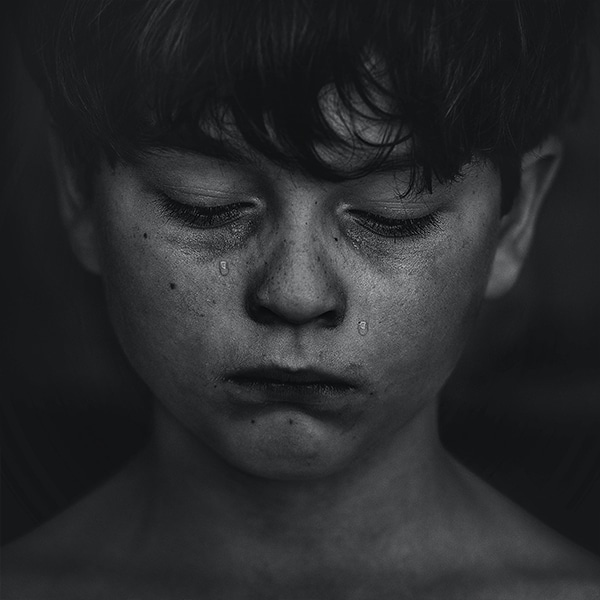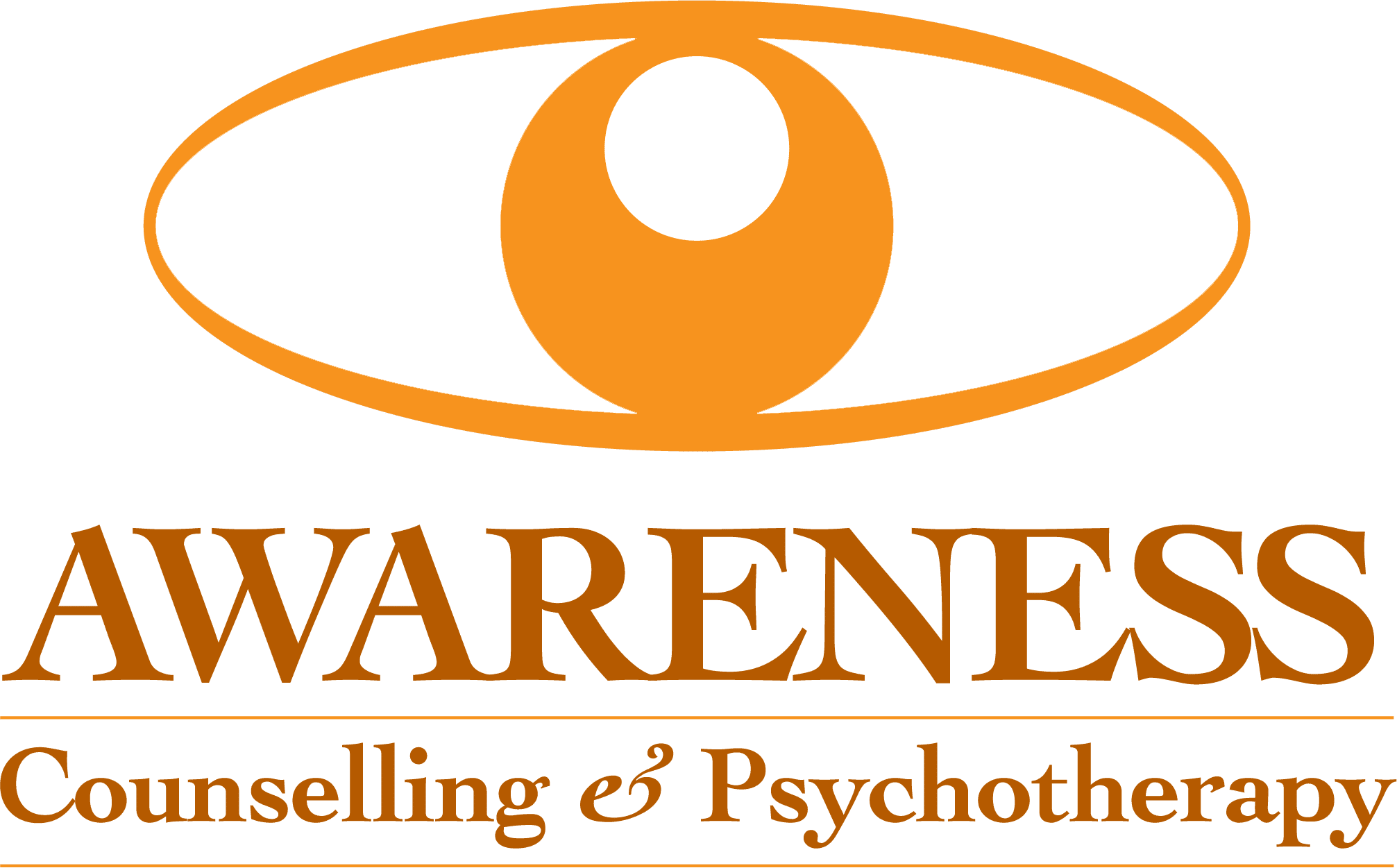
Trauma & Abuse
Emotional and psychological trauma.
The result of extraordinarily stressful events that shatter our sense of security. Making us feel helpless and vulnerable in a perceived dangerous world. Traumatic experiences often involve a threat to life or safety, but any situation that leaves us feeling overwhelmed and alone can be traumatic, even if it doesn’t involve physical harm. It’s not the external event that determines whether that event is traumatic, but our emotional response to that event that does so. The more frightened and helpless we feel, the more likely we are to be traumatized.
Symptoms of trauma
Emotional and psychological trauma can be caused by…
A single-blow, one-time event such as a horrible accident, a natural disaster, a violent attack, or rape. Something that happened unexpectedly that we were unprepared for it and felt powerless to prevent it. It can happen repeatedly, where someone was intentionally cruel, repeated bullying, or repeated physical or sexual abuse. It may have happened in childhood. Trauma can also stem from ongoing, relentless stress, such as struggling with a life-threatening illness, living in a crime-ridden or dangerous neighbourhood, being in a violent relationship. Or even though the relationship may not be physically violent, the threat is a real possibility, and/or often is psychological abuse.

When we are traumatized we are in a constant state of alert
Our mind can keep flashing back to the terrifying event or events. This is what’s called post-traumatic stress. Our bodies went into shock and were unable to discharge that shock.
Symptoms of trauma or post-traumatic stress could be:
Feelings of unreality, weakness or dizziness
Irresistible urge to run away or to hide
Mood swings
Frequent irritability, hyper-arousal or exhaustion
Impulsive behaviour, emotional insecurity
Prevalence of tiredness and loss of life’s enjoyment
Inability to concentrate and thought disorientation
Mouth and throat dry
Heart palpitations, high blood pressure
Tremors, tics
Stuttering and other speech difficulties which are often exacerbated by stress and anxiety
Insomnia
Nightmares/ sleep disturbances
In counselling and psychotherapy, we look at a time when we felt safe and remind the body that is possible again. Also allow the trauma to discharge, by crying or shaking or getting angry. All these expressions are a normal response to a traumatic event. If we can shut off our mind, the body will want to heal itself. It does this by sobbing, shaking or getting angry. Allowing the body to release the trauma in this way, takes away the hold it has over us.













